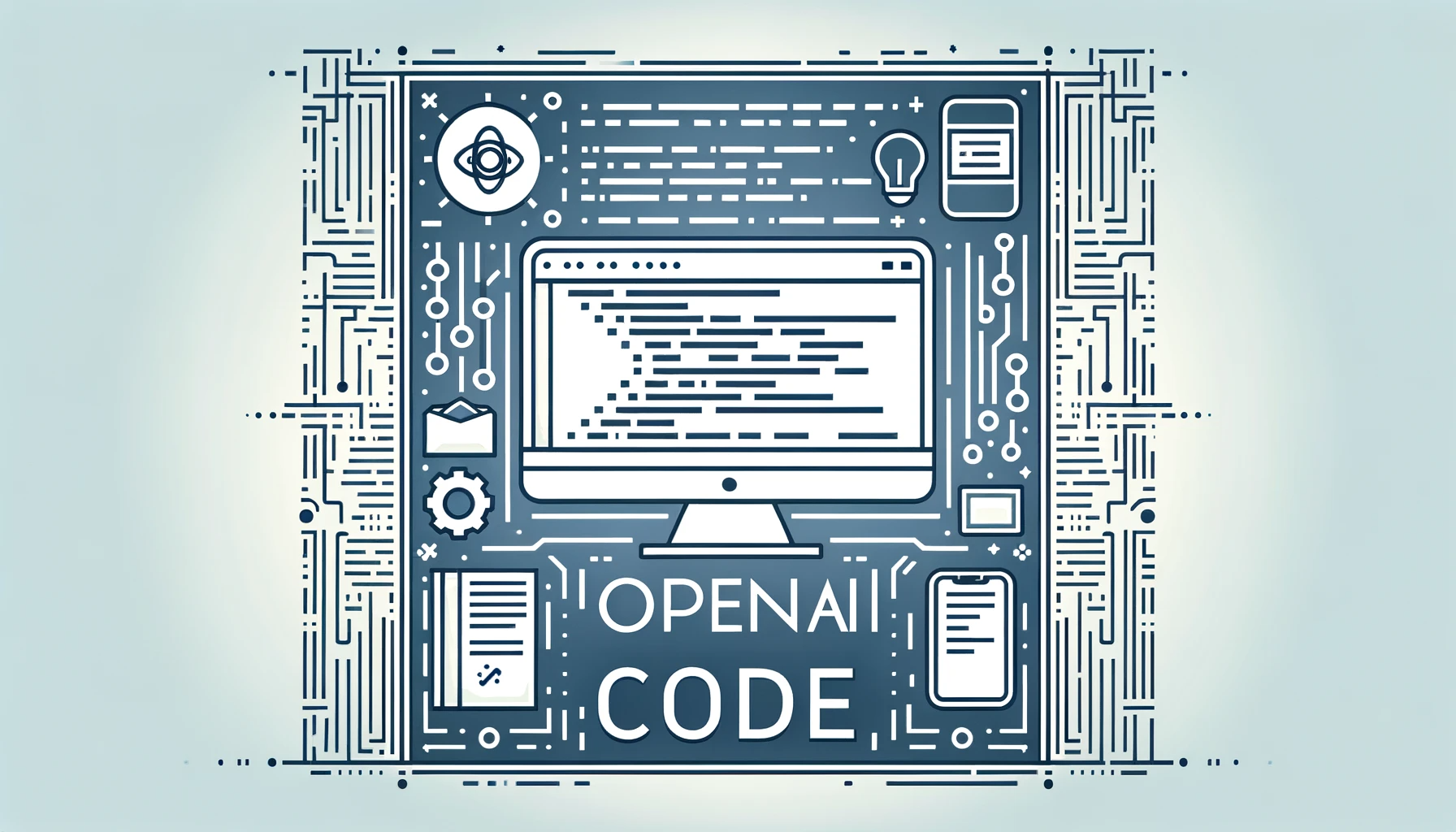Hey - welcome to this article by the team at neatprompts.com. The world of AI is moving fast. We stay on top of everything and send you the most important stuff daily.
Sign up for our newsletter:
Just over a month following the launch of Elon Musk's artificial intelligence venture, xAI, and its AI bot, Grok, a wave of speculation has emerged among users. There are growing suggestions that Grok might have been developed utilizing the codebase of ChatGPT, created by the renowned AI firm OpenAI.
This speculation gained traction after an incident where the xAI bot refrained from responding to a user's inquiry, referencing the use case policy of its competitor, OpenAI. The user, Jax Winterbourne, raised suspicions that Musk's xAI might be leveraging OpenAI's technology for Grok's training.
The Controversy: Grok and OpenAI's Code

Background on Grok and OpenAI
Grok AI, an emerging name in the AI sector, has been spotlighted for its advanced AI model. This attention escalated when allegations surfaced about Grok using code from OpenAI, a well-established player in the AI arena. OpenAI, co-founded by Elon Musk and Sam Altman, is renowned for its groundbreaking AI models, including the famous ChatGPT.
The Allegations
The core of the controversy lies in claims that Grok, co-founded by Jax Winterbourne and Igor Babuschkin, might have "scraped all the data" or used a significant "amount of web data" from OpenAI's codebase for training Grok. These assertions suggest that Grok's AI model may not be entirely independent of OpenAI's intellectual property.
Elon Musk's Reaction
Musk's Clap Back
Elon Musk, known for his straightforward and often confrontational style, clapped back at these allegations. His response aimed to clarify the situation, emphasizing that any overlap between Grok's AI model and OpenAI's technology was a "huge surprise" to him and other co-founders of OpenAI.
Musk's Position on AI Ethics and Code Usage
Musk's response also touches on broader issues of AI ethics and code use in developing AI models. He highlights the importance of transparency and originality in AI development, underscoring the need for startups like Grok to be clear about their data sources and coding frameworks.
The Role of ChatGPT and Language Models
ChatGPT's Involvement
ChatGPT, as a product of OpenAI, has become a focal point in this discussion. The AI bot, trained on a vast "platform for your training," has set benchmarks in the industry, making any alleged similarities with Grok's model noteworthy.
Comparison with Other Language Models
The situation also raises questions about the uniqueness of AI models in an industry where "other language models" often share similarities in structure and training methods. It highlights the challenge of developing AI bots that are distinct yet equally capable.
Implications for the AI Industry
Intellectual Property and Innovation
This case brings to the forefront the delicate balance between inspiration and imitation in AI development. It underscores the need for clear guidelines and ethical practices for using existing code and data to train new AI models.
Future of AI Startups
For AI startups like Grok, the controversy reminds them of the challenges they face in a competitive market. It emphasizes the importance of innovation, originality, and ethical practices in carving out a niche in the AI landscape.
Conclusion
Elon Musk's response to the claims against Grok using OpenAI code is more than just a rebuttal; it is a commentary on the state of AI development and ethics. As the industry grows, the balance between innovation and intellectual property rights will remain a critical topic for discussion among AI developers, entrepreneurs, and enthusiasts.